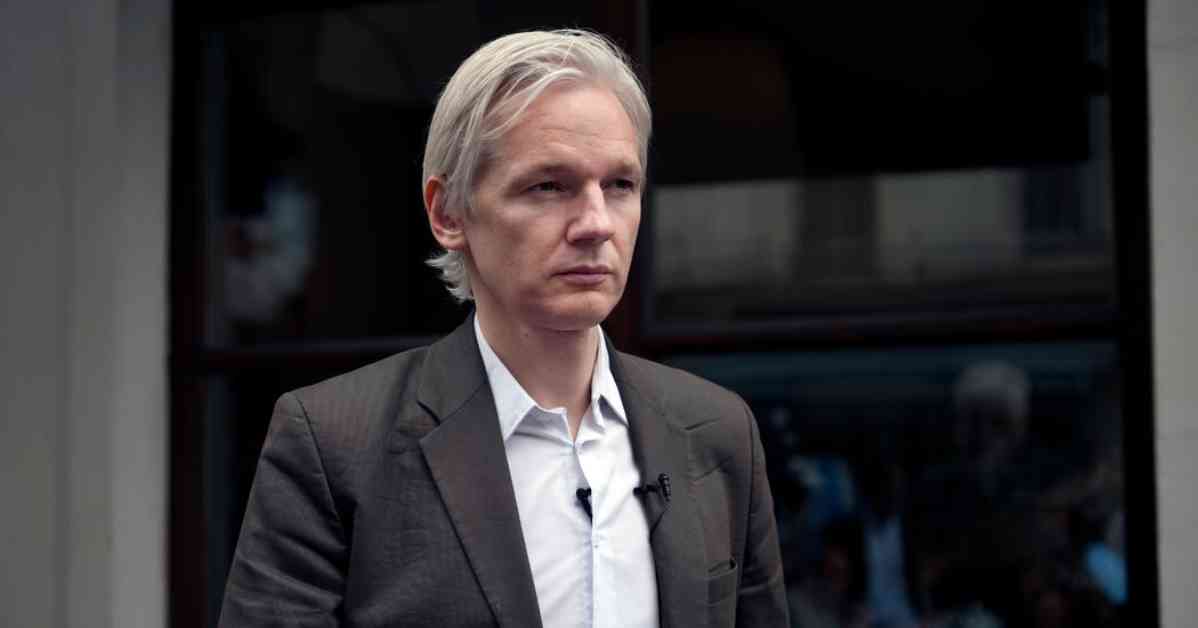Julian Assange’s legal journey has been a rollercoaster of national security, press freedom, politics, and diplomacy. After years of fighting extradition from Britain to the United States, Assange agreed to plead guilty to one count of violating the Espionage Act in exchange for a five-year prison sentence. This plea deal marked the end of a dramatic legal saga.
The timeline of events leading up to this moment is crucial in understanding the context of Assange’s case. In 2006, Assange founded WikiLeaks with the goal of using the internet to expose hidden information and support whistle-blowers. The organization operated through a transnational collective with servers in countries like Iceland and Sweden, aiming to publish classified or censored material online.
In 2009, an Army intelligence analyst, later identified as Chelsea Manning, became a key contributor to WikiLeaks. Manning downloaded and uploaded large batches of documents from a classified computer network, providing WikiLeaks with a trove of sensitive information. This marked a significant turning point in WikiLeaks’ operations and brought the organization into the spotlight.
Assange’s decision to plead guilty to one count of violating the Espionage Act is a significant development in his legal battle. The agreement includes a five-year prison sentence, which Assange has already served while in British custody. This deal allows him to be freed, bringing closure to a long and contentious legal process.
Throughout the years, Assange’s case has sparked debates on national security, press freedoms, and the role of whistle-blowers in a democratic society. The implications of his actions and the legal challenges he has faced continue to resonate in the political and diplomatic spheres.
As we reflect on the key events and developments in Julian Assange’s legal timeline, it is important to consider the broader implications of his case. The intersection of technology, journalism, and government secrecy raises fundamental questions about transparency, accountability, and the limits of free speech.
In conclusion, Julian Assange’s legal saga has been a complex and multifaceted journey that has captivated the world’s attention. The plea deal he agreed to marks a turning point in his case, but the broader implications of his actions will continue to be debated for years to come.


















